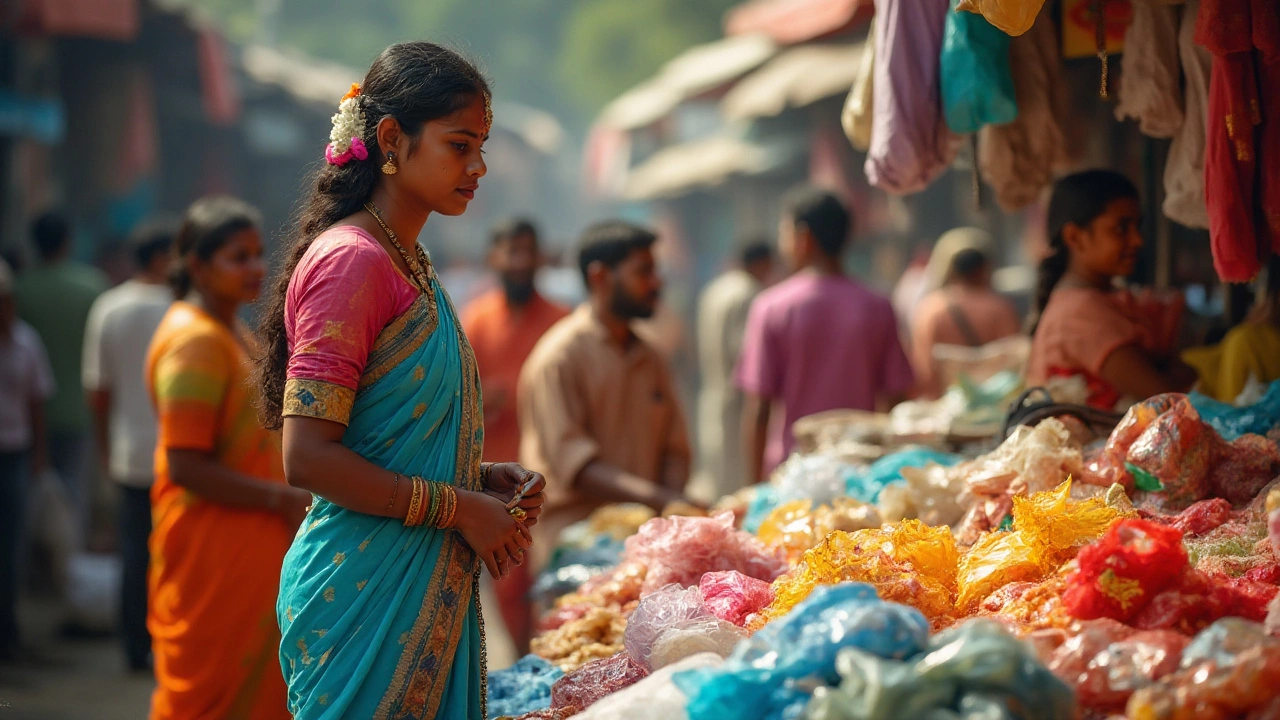Plastic Waste Management – Simple Steps and Industry Solutions
Ever wondered why you see plastic everywhere, even after you toss it in the bin? Most of it never truly disappears – it ends up in landfills, oceans, or worse, the food chain. The good news? Managing plastic waste is something we can all influence, and companies like Urban Polymers India are already showing how it can be done responsibly.
Reducing Plastic at the Source
The easiest way to cut waste is to stop creating it in the first place. For a business, that means designing products that use less material, choosing recyclable grades, and offering reusable options. For everyday life, swap single‑use bags for cloth totes, pick bulk items to avoid extra packaging, and say no to unnecessary plastic wraps. Even small changes add up – a family of four can keep a few hundred kilograms of plastic out of landfills each year.
Recycling and Closed‑Loop Solutions
When you do have plastic, proper recycling is the next step. Traditional recycling often mixes different polymer types, resulting in low‑quality output. Urban Polymers India tackles this by using advanced sorting technology and producing grades that can be re‑melted into new, high‑performance parts. This closed‑loop approach means the same plastic can be used over and over without losing its strength.
For manufacturers, the key is to work with suppliers who label their resin codes clearly and to set up take‑back programs. By collecting post‑consumer waste and feeding it back into production, you close the loop and cut raw‑material costs at the same time. It’s a win‑win for the planet and the profit line.
Consumers can help too. Rinse containers before recycling, avoid contaminating streams with food waste, and keep plastics separate from paper or metal. Most local municipalities provide separate bins or pick‑up services – use them. If you’re unsure, a quick online search for “plastic recycling near me” usually points you in the right direction.
Beyond recycling, innovative alternatives are emerging. Biodegradable polymers, like PLA, break down under industrial composting conditions. While they aren’t a silver bullet, they can replace conventional plastic in certain applications, especially where short‑life cycles are expected, such as packaging for fresh produce.
Urban Polymers India’s strategy combines all these ideas: designing thinner, stronger products, using recyclable polymers, and running a plant that turns waste back into raw material. Their commitment to ISO standards ensures every batch meets environmental and quality benchmarks, giving customers confidence that the plastic they buy won’t end up as litter.
So, what can you do right now? Start a kitchen cabinet for used plastic bottles, talk to your local store about refill stations, and if you run a small business, ask your supplier if they offer take‑back options. The more people join the effort, the faster the cycle closes.
Plastic waste management isn’t a one‑off project; it’s a habit. By cutting waste at the source, recycling correctly, and supporting companies that practice closed‑loop manufacturing, you become part of a larger movement toward a cleaner, more sustainable future.
Understanding Non-Recyclable Plastics: A Guide for Industries
Non-recyclable plastics are a pressing issue in waste management and environmental sustainability. These materials, often identified by their chemical composition, pose significant challenges for recycling processes. Understanding which plastics are not recyclable can help in making informed choices about material use and waste reduction. Companies and consumers alike can benefit from identifying and minimizing the use of non-recyclable plastics.
